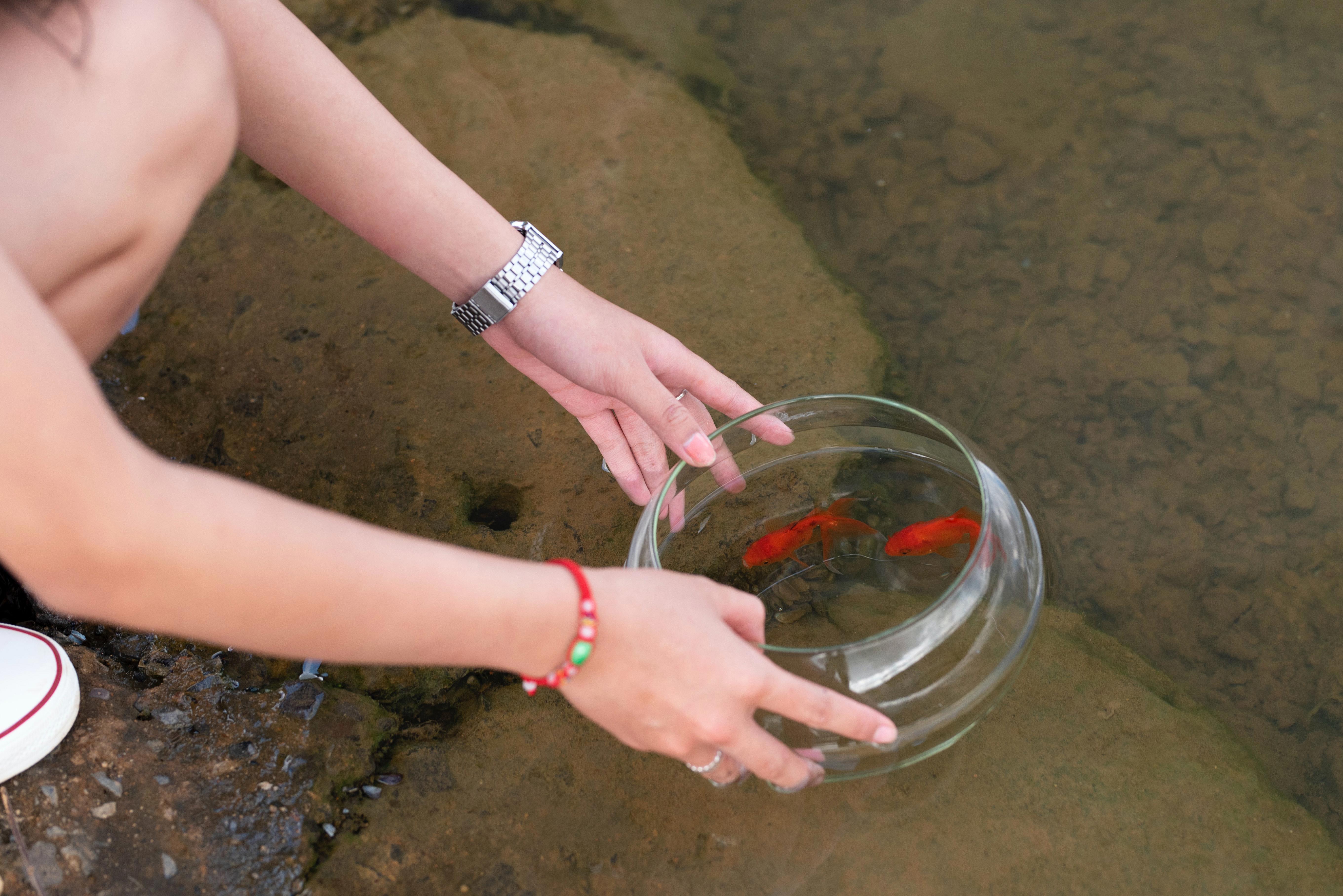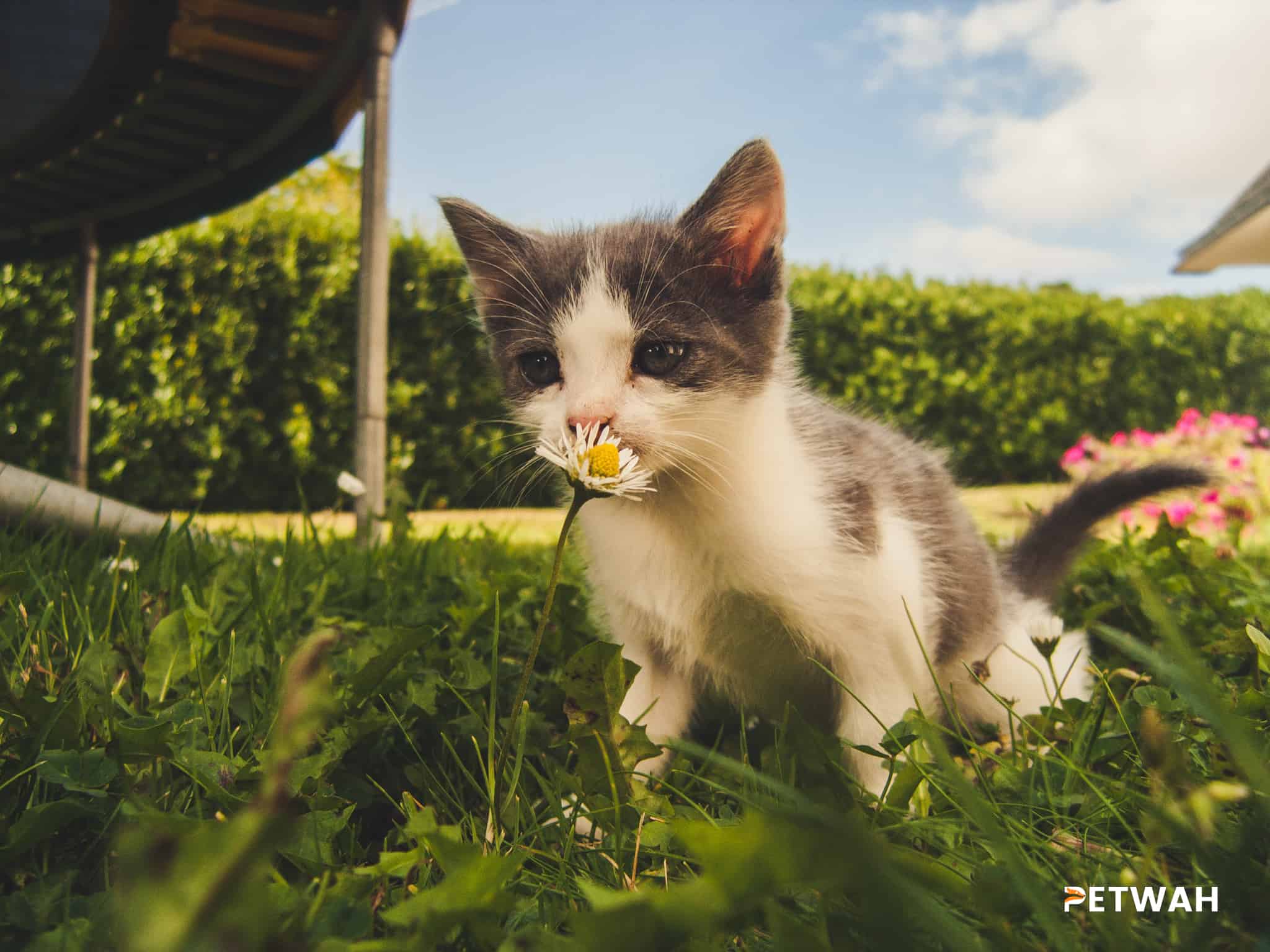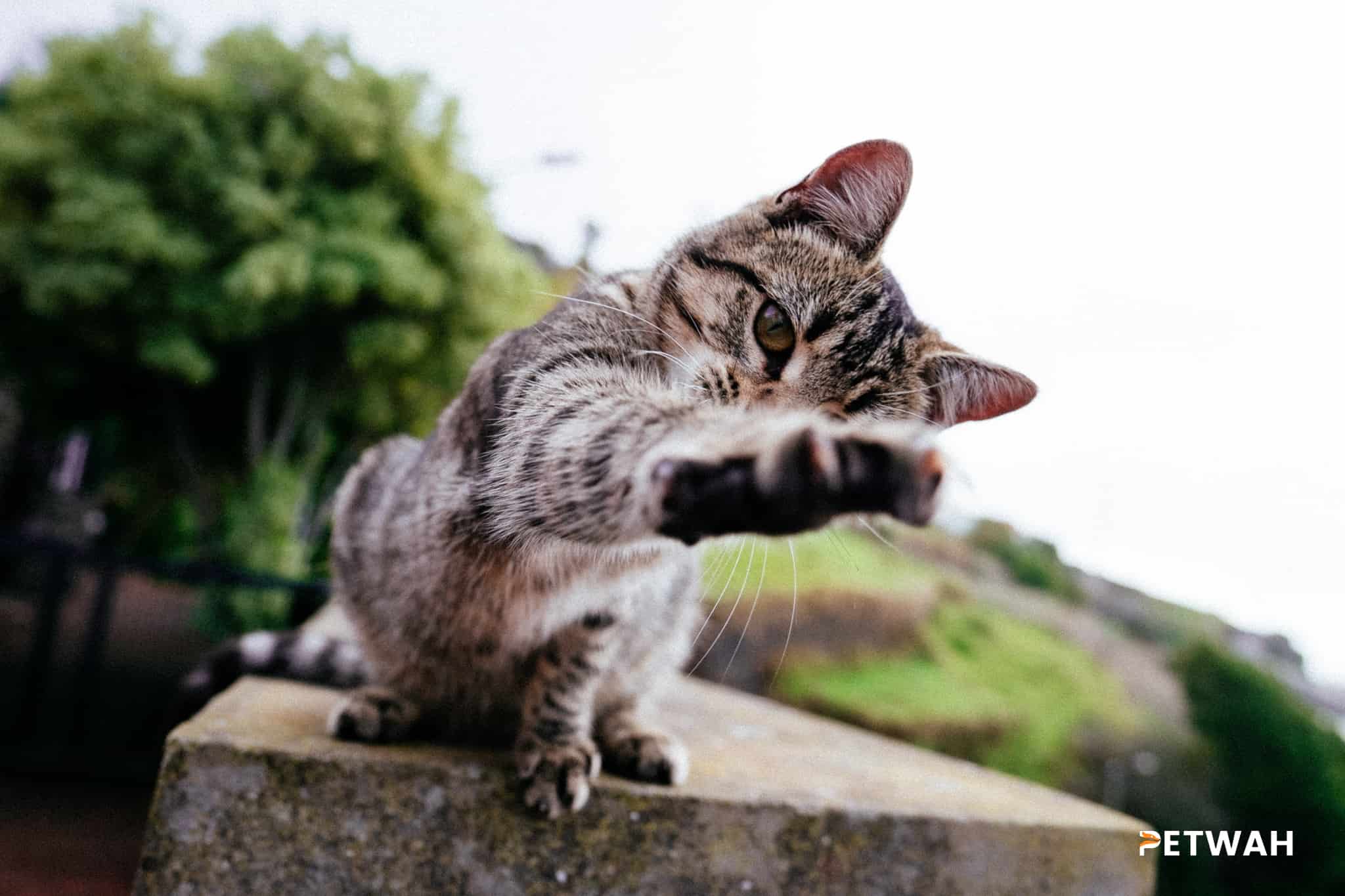Living with a pet can be a rewarding experience, especially if you’re an animal lover. Aquariums are a great option for those looking to add a pet to their home and they can provide hours of peaceful enjoyment. But when it comes to choosing fish to live in the same tank as a Betta, it’s important to choose wisely. In this blog post, we’ll provide a guide to choosing fish compatible with Bettas so you can cohabitate peacefully in your aquarium.
When it comes to fish keeping, many people think of a large, beautiful aquarium with a variety of different species of fish. But for those who are just getting started, it can be a bit daunting to think about which fish to choose. This guide is here to provide some helpful tips for those who are looking to add a betta to their aquarium, as well as other species that are compatible with bettas.
First, it’s important to understand that a betta is a member of the Labyrinth Fish family, which means they can breathe air directly from the surface of the water. This makes them a bit hardier than other fish, and they can handle a wide range of water conditions. However, it’s important to keep in mind that bettas are territorial, so it’s important to choose tank mates that won’t provoke the betta into aggressive behavior.
When it comes to compatible fish, there are a few key things to keep in mind. First, it’s important to choose species that are similar in size to the betta. This helps to ensure that the betta won’t see the other fish as a potential prey item. It’s also important to make sure that the other fish are not too active, as this can be stressful for the betta. Lastly, it’s important to choose fish that prefer the same water conditions as the betta.
Now that you know the basics of what to look for in compatible tank mates, here are some of the best options for those looking to add a betta to their tank. The first group of fish that are great for betta tanks are Cory Catfish. These peaceful bottom-dwellers are a great choice for betta tanks. They are small and peaceful, and they are also great for keeping the tank clean.

Another great option for betta tanks are Otocinclus Catfish. These small, peaceful fish are great for keeping algae in check, and they are also peaceful enough to cohabitate with bettas.
Other good options for betta tanks are small schooling fish such as Neon Tetras, Ember Tetras, and Harlequin Rasboras. These small fish are very peaceful and will provide plenty of activity in the tank without being overly aggressive or intimidating to the betta.
Finally, if you’re looking for a slightly larger fish to add to your betta tank, then an Angelfish is a great option. These peaceful fish are a bit larger than the other fish mentioned above, but they are still peaceful enough to cohabitate with a betta without any issues.
No matter which fish you choose to add to your betta tank, it’s important to keep in mind that bettas are territorial and can become aggressive if they feel threatened. It’s important to choose tank mates that are peaceful, similar in size to the betta, and prefer the same water conditions. With this guide, you’ll be able to choose the perfect fish to cohabitate peacefully with your betta.
By following the advice of researching the fish you are interested in, understanding the environment of your tank, and avoiding aggressive species, you can ensure your betta can live peacefully with other fish. Through careful consideration and research, you can create a safe and balanced tank for your betta and other fish to cohabitate. With the right combination of compatible fish, you can ensure a happy and healthy home for your betta, and a beautiful and vibrant tank for you to enjoy.



.jpg)



